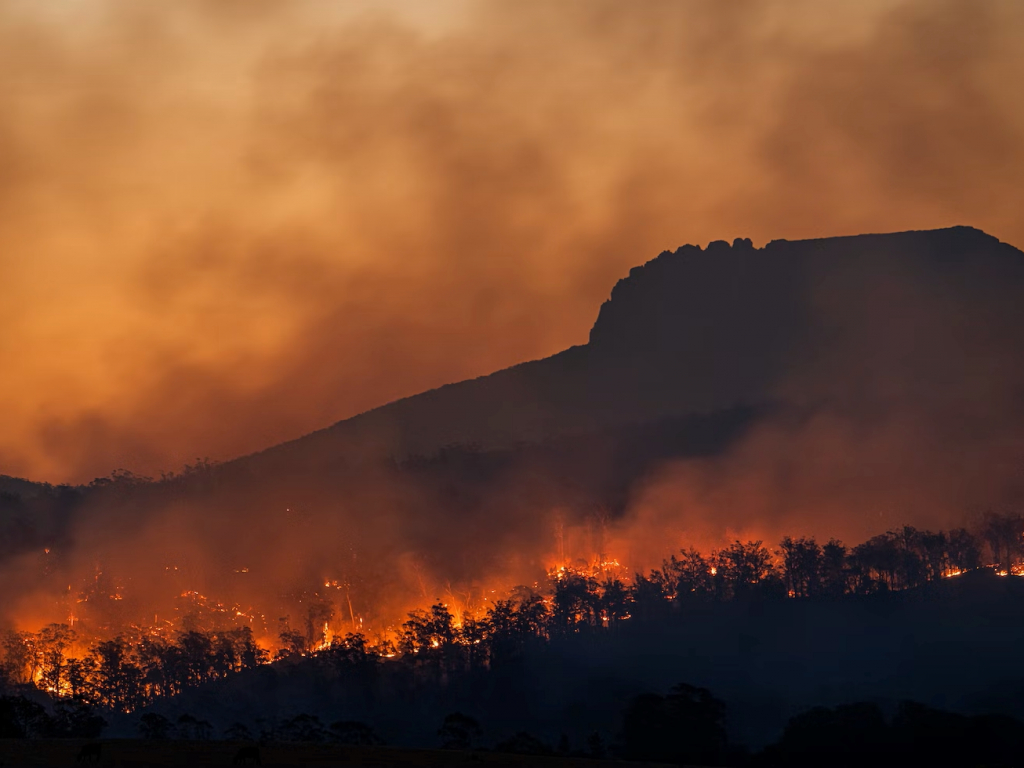Nature-Based Solutions from the Whitehouse Resource Guide Highlight Key Strategies for Climate Adaptation in the US

Prior to COP27 the United States (US) Biden-Harris Administration released a Nature-Based Solutions Roadmap; an outline of strategic recommendations for utilizing nature-based solutions (NbS) to address climate change, nature loss, and inequity in America. Alongside this release they also included the Nature-Based Solutions Resource Guide , which highlights successful NbS case studies from across the US. Many of these new case studies have now been included on our NbSI global interactive case study platform as key examples of successfully implemented Nbs.
These cases often focused on elements of climate adaptation. Such as the collaboration between the San Carlos Apache Reservation and the U.S. Geological Survey to reduce wildlife risk on tribal lands through active forest management. They also highlight key networks for successful implementation within the US. This includes the Delaware River Basin Restoration Program, which focused on enhancing climate adaptability and equitable access to nature throughout the Delaware river basin and its tributaries. By highlighting collaborative governance between states, federal agencies, and NGOs, the resource guide helps highlight multi-level governance strategies for successfully implementing NbS within multiple contexts.
One particularly innovative example was initiated by the Pointe-au-Chien tribal community with the support of the US National Oceanic and Atmospheric Administration’s (NOAA) Regional Coastal Resilience Grants program. The community had realized that highly important indigenous cultural sites were in jeopardy due to increasing coastal erosion. In order to adapt to this challenge they implemented a system for collecting, sterilizing, and recycling oyster shells from the local restaurant industry. To date they have collected over 3.5 million kilograms of oyster shells and utilized them to create oyster reefs off of the coastline of the community. These recycled oyster shells create key habitat, reduce erosion risk and promote the recruitment of oyster larvae on the structures.
These new cases help fit into our broader goal of increasing the geographic and intervention comprehensiveness of the case study platform. Whilst not exhaustive, the addition of these cases, alongside others, have helped to create a broader framework for project managers to utilize when looking for diverse examples of interventions. Check out the White House NbS Fact Sheet in order to learn more about scaling NbS in the US and see more examples of NbS in the US on the NbSI global interactive case study platform.




